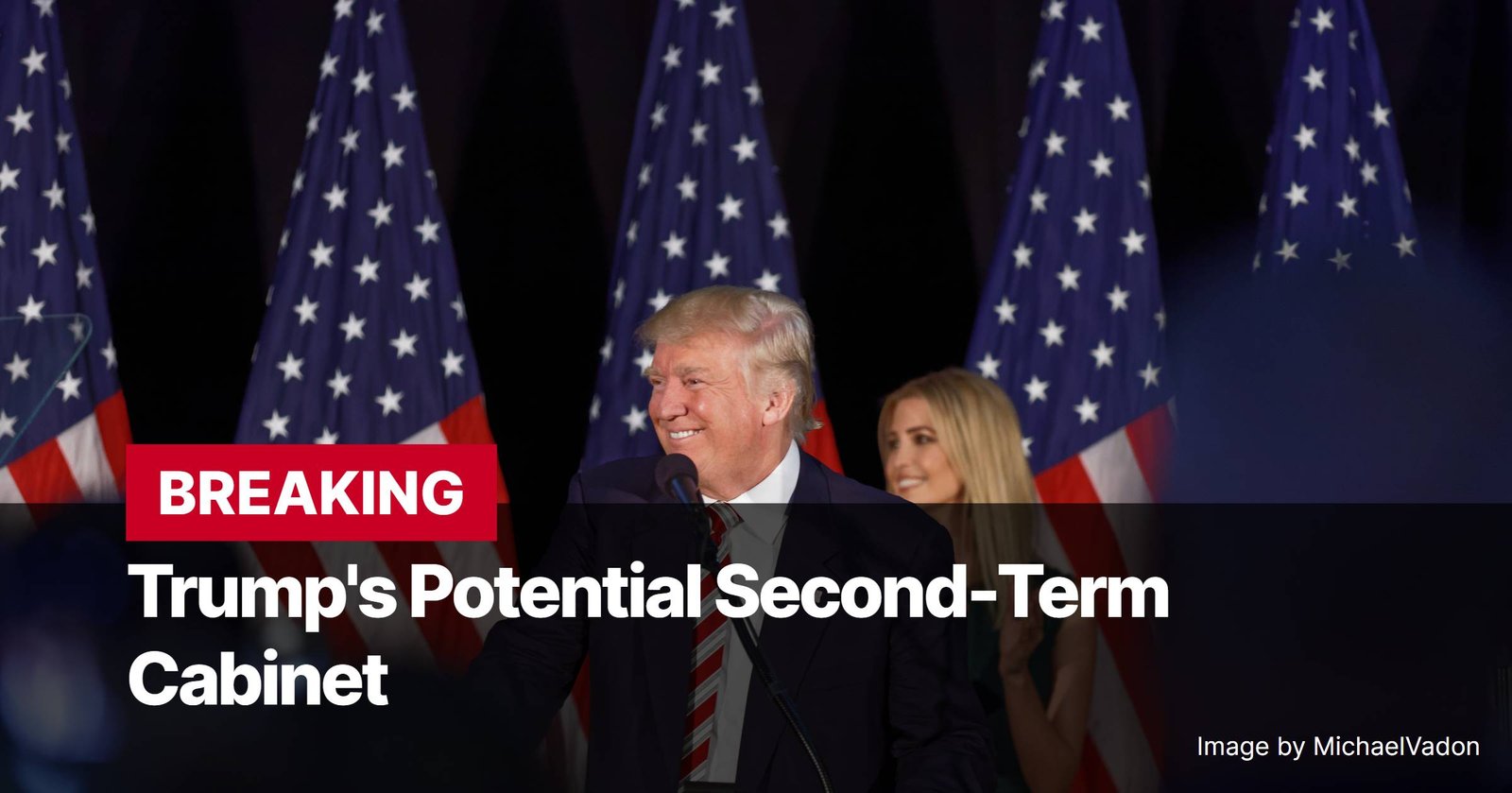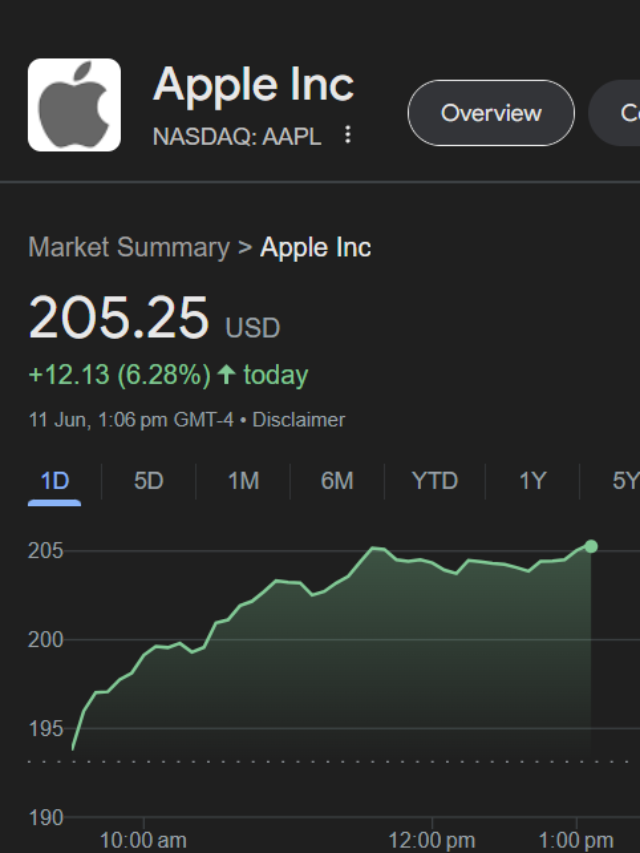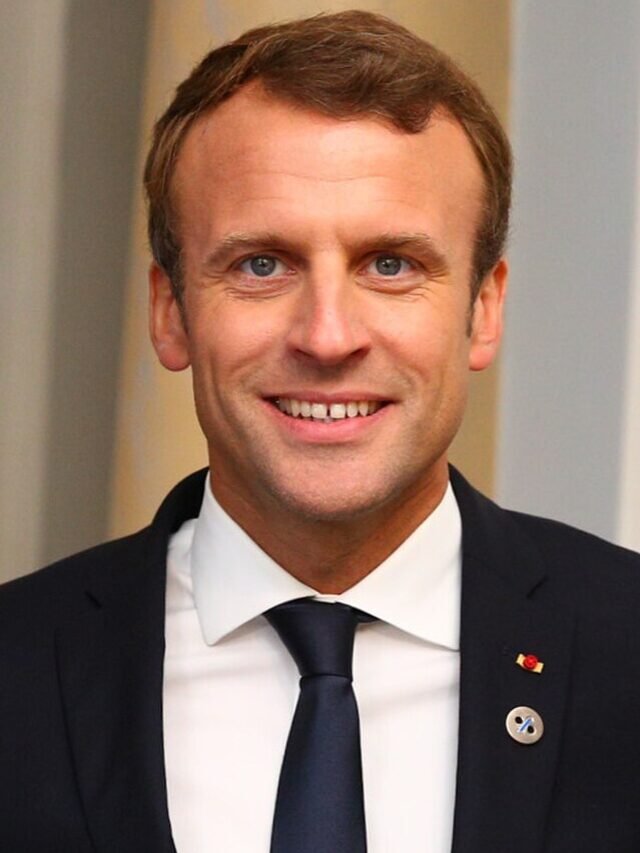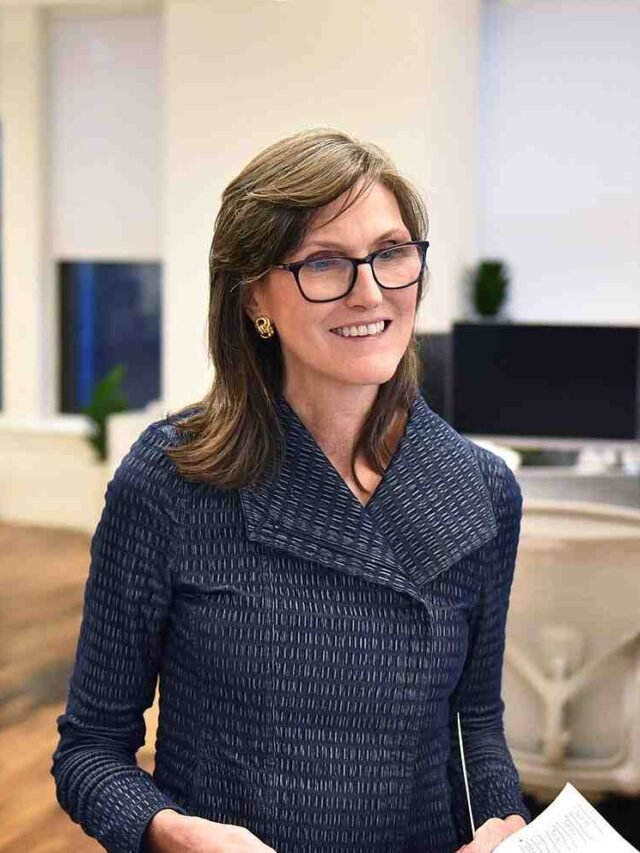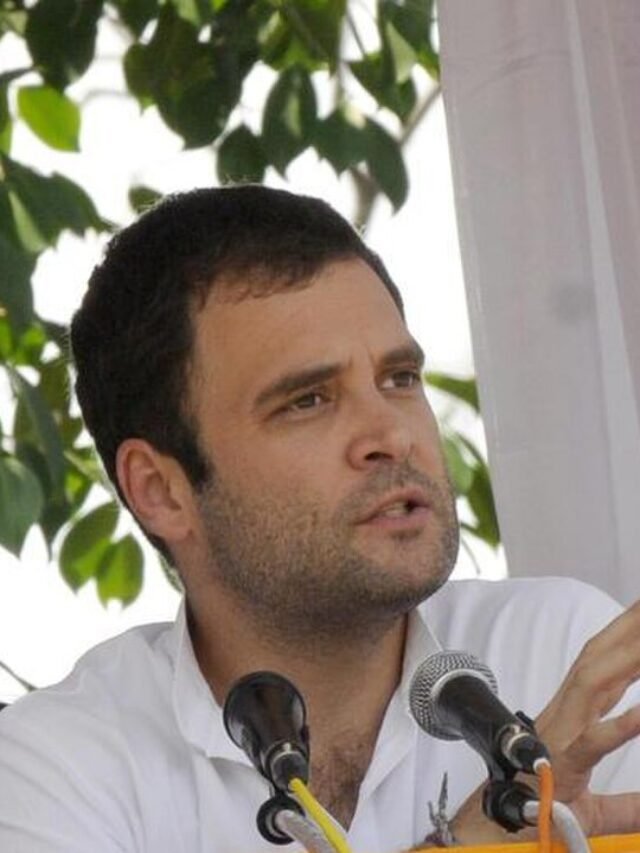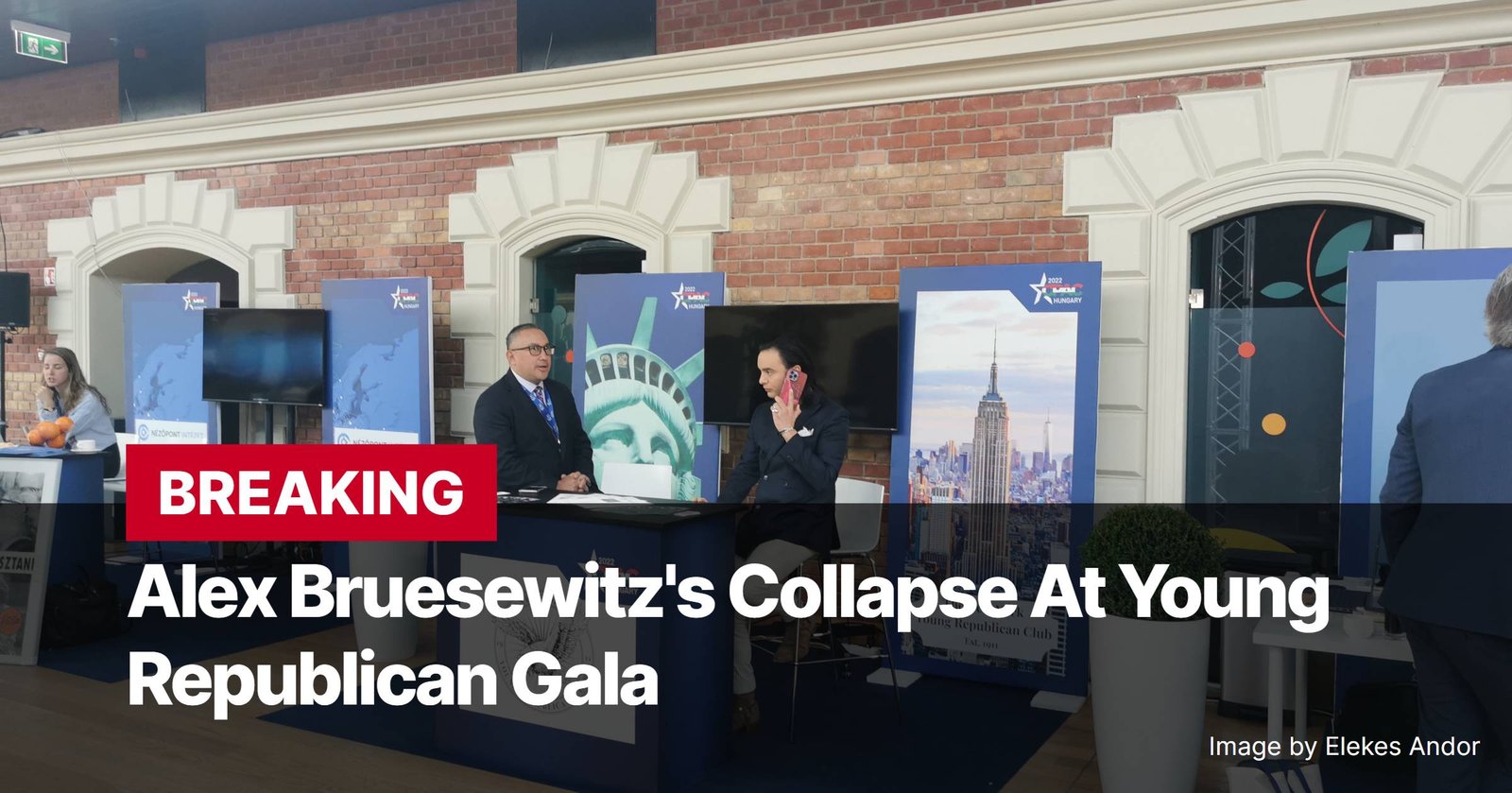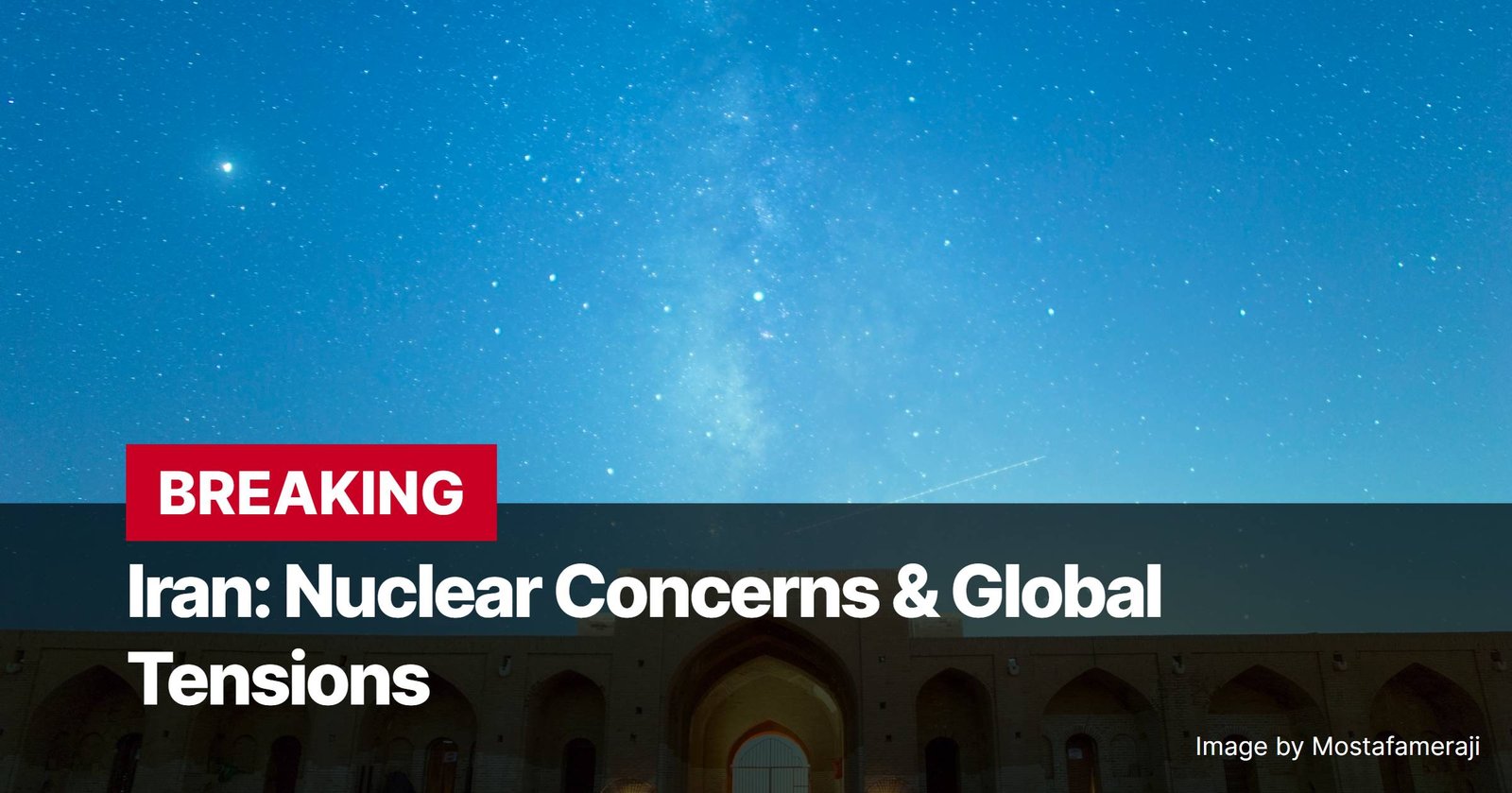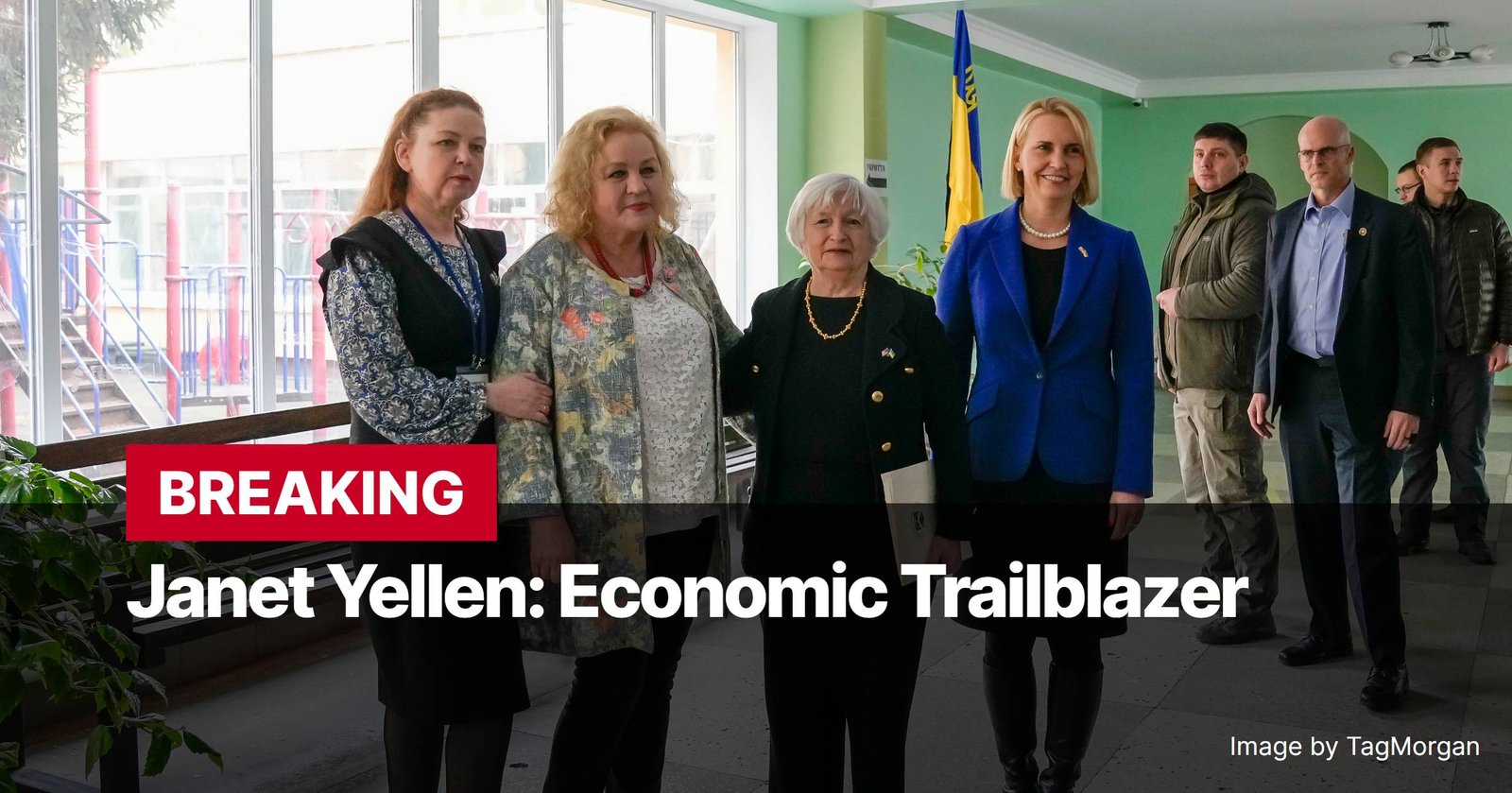Donald Trump’s victory in the 2024 presidential election has ignited speculation about the composition of his second-term cabinet. While Trump himself remained tight-lipped about potential appointees during the campaign, numerous reports have surfaced suggesting a mix of familiar faces and new contenders vying for positions in his administration.
A recent analysis offered a glimpse into the individuals being considered for key cabinet roles, highlighting the intense jockeying for positions within Trump’s inner circle. Several individuals from Trump’s first term are reportedly under consideration for a return, including Mike Pompeo, Robert Lighthizer, and Richard Grenell. Pompeo, who served as Secretary of State and CIA director, is seen as a potential pick for Secretary of Defense. Lighthizer, Trump’s former trade representative, is reportedly being considered for both his previous role and potentially Secretary of the Treasury. Grenell, who served as ambassador to Germany and acting director of national intelligence, is considered a top contender for several national security and foreign policy roles, including Secretary of State and National Security Advisor.
Beyond these returning figures, a range of other individuals are reportedly in the mix. Brooke Rollins, CEO of the America First Policy Institute and a close Trump ally, is considered a leading contender for White House Chief of Staff. Susie Wiles, Trump’s 2024 campaign chief, is also reportedly in contention for the Chief of Staff role. Other names being floated include Senator Bill Hagerty for Treasury Secretary, Senator Marco Rubio for Secretary of State, and John Ratcliffe for CIA Director. The inclusion of Robert F. Kennedy Jr. in potential health-related roles has also sparked controversy, given Kennedy’s history of promoting anti-vaccine conspiracy theories.
The potential cabinet picks reflect several key themes and priorities for a second Trump administration. A focus on loyalty is evident, with many of the contenders being staunch Trump supporters who have consistently defended him throughout various controversies. A hardline stance on China is also reflected in several of the names being floated, particularly for national security and foreign policy roles. Trump’s populist leanings are also apparent in some of the potential picks, particularly for economic positions, raising questions about the direction of economic policy in a second term.
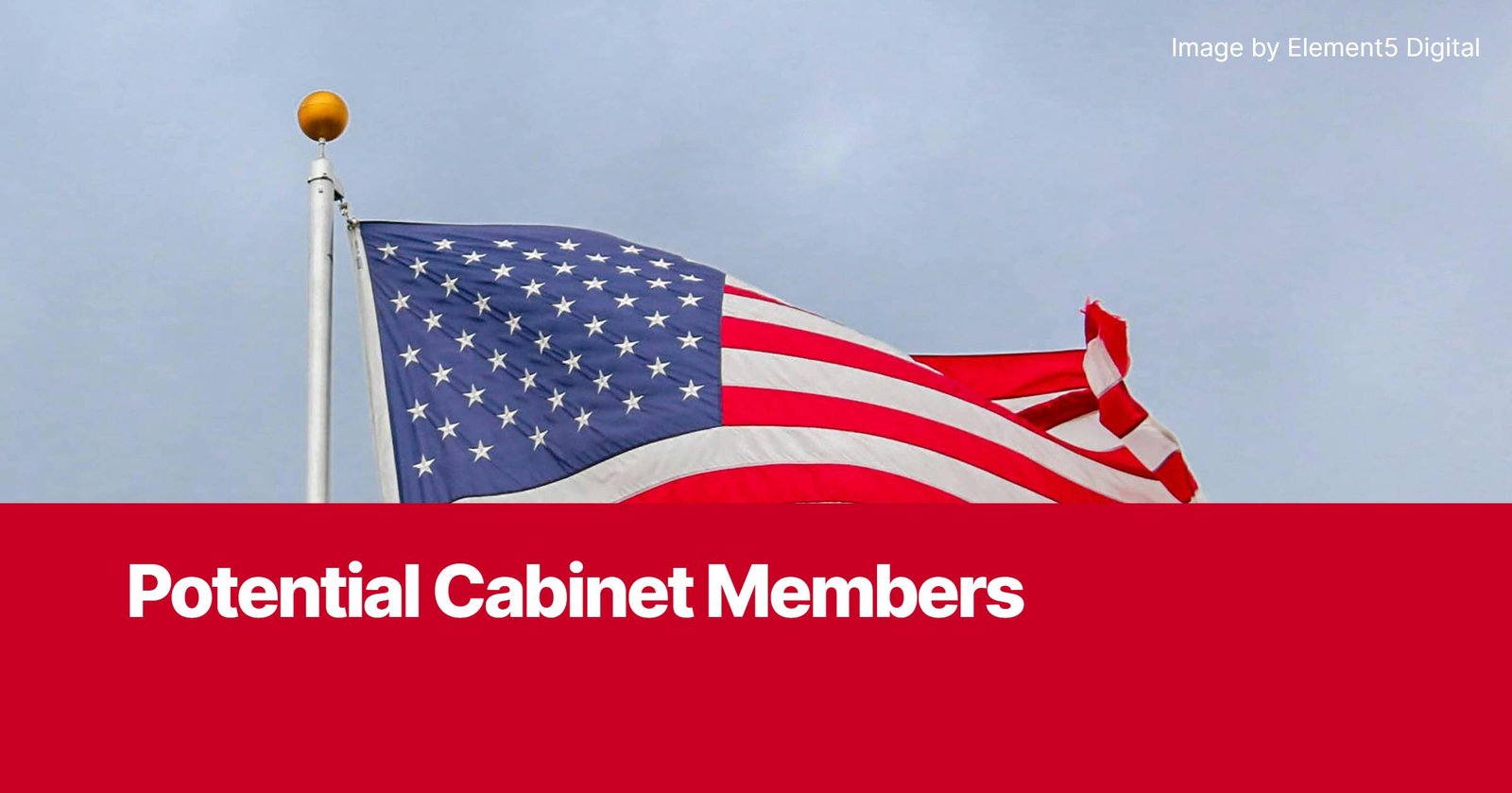
However, the path to confirming these potential appointees may not be smooth. Trump’s first cabinet faced a slow confirmation process due to Democratic opposition, and similar resistance is likely in a second term. Furthermore, Trump’s cabinet experienced significant turnover during his first four years in office, raising questions about the stability of a second-term cabinet.
Beyond individual personalities, the potential cabinet appointments also offer insights into Trump’s broader policy agenda. His picks for national security and foreign policy roles suggest a continuation of his “America First” approach, with a focus on challenging traditional alliances and confronting China. The potential economic appointments raise questions about the balance between traditional Republican economic policies and Trump’s populist impulses. The selection of an HHS secretary will be closely watched for its implications for abortion access and the Affordable Care Act.
The potential cabinet appointments also highlight the tension between experience and loyalty in Trump’s decision-making process. While some contenders have extensive experience in government or relevant fields, others are primarily known for their loyalty to Trump. This tension could shape the effectiveness and stability of a second-term cabinet.
In the coming weeks and months, the specific composition of Trump’s cabinet will become clearer. The choices he makes will offer crucial insights into his priorities for a second term and the direction of his administration. The confirmation process will likely be a contentious battle, reflecting the deep divisions within American politics. The world will be watching closely to see how these appointments shape the future of the United States and its role on the global stage.







